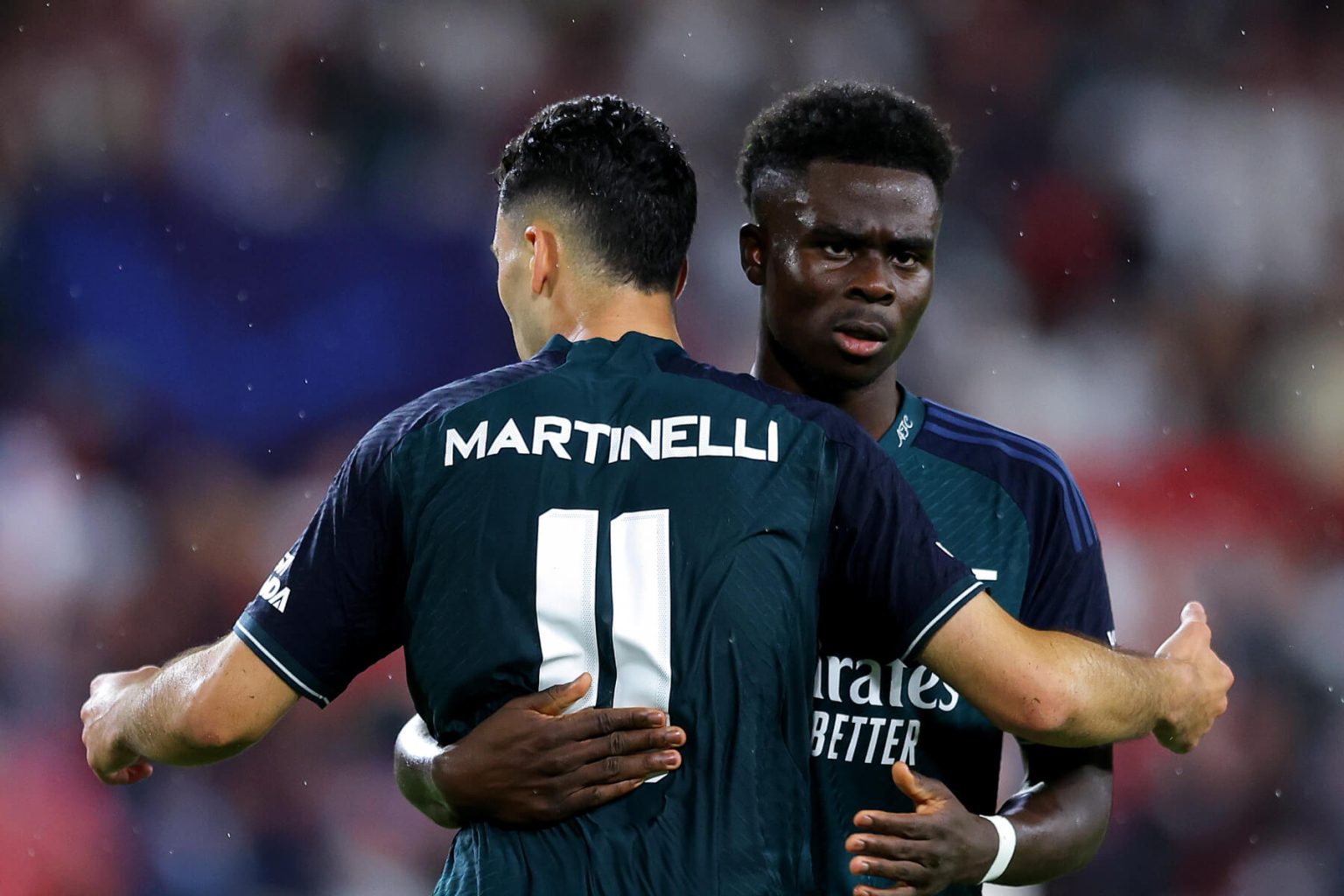Arsenal manager Mikel Arteta has provided an injury update on Bukayo Saka, Gabriel Martinelli, and Gabriel ahead of their trip to Manchester City. Saka, Martinelli, and Gabriel could still feature in the game on Sunday despite not training this week. Saka, who missed the victory over City in October, is Arsenal’s top scorer and assist provider this season. Martinelli, who scored the winning goal against City earlier in the campaign, has also been pivotal for the team. Gabriel has been a consistent presence in defense for Arsenal this season.
A win over Manchester City would see Arsenal extend their lead at the top of the Premier League table. Liverpool, who are in second place, face Brighton and Hove Albion before Arsenal’s clash with City. Guardiola confirmed that defenders John Stones and Kyle Walker will miss the game through injury. This match is crucial for both teams in the title race and could have a significant impact on the outcome of the season.
Despite the injuries, Arsenal will be boosted by the potential return of Saka, Martinelli, and Gabriel for the game against Manchester City. Arteta is hopeful that they will be available for selection on Sunday. The trio’s involvement could be crucial in Arsenal’s quest to secure a victory at the Etihad, a ground where they have struggled in recent years. Saka, Martinelli, and Gabriel have been key players for Arsenal this season and their presence would be a massive boost for the team.
If Saka, Martinelli, and Gabriel are able to feature against Manchester City, it could give Arsenal the edge they need to secure a crucial victory in the title race. Arteta’s side will be looking to break a five-year winless streak at the Etihad and extend their lead at the top of the table. The trio’s potential return provides a glimmer of hope for Arsenal as they face one of the toughest tests of the season against Guardiola’s side. The outcome of this match could have a significant impact on the rest of the Premier League campaign.








